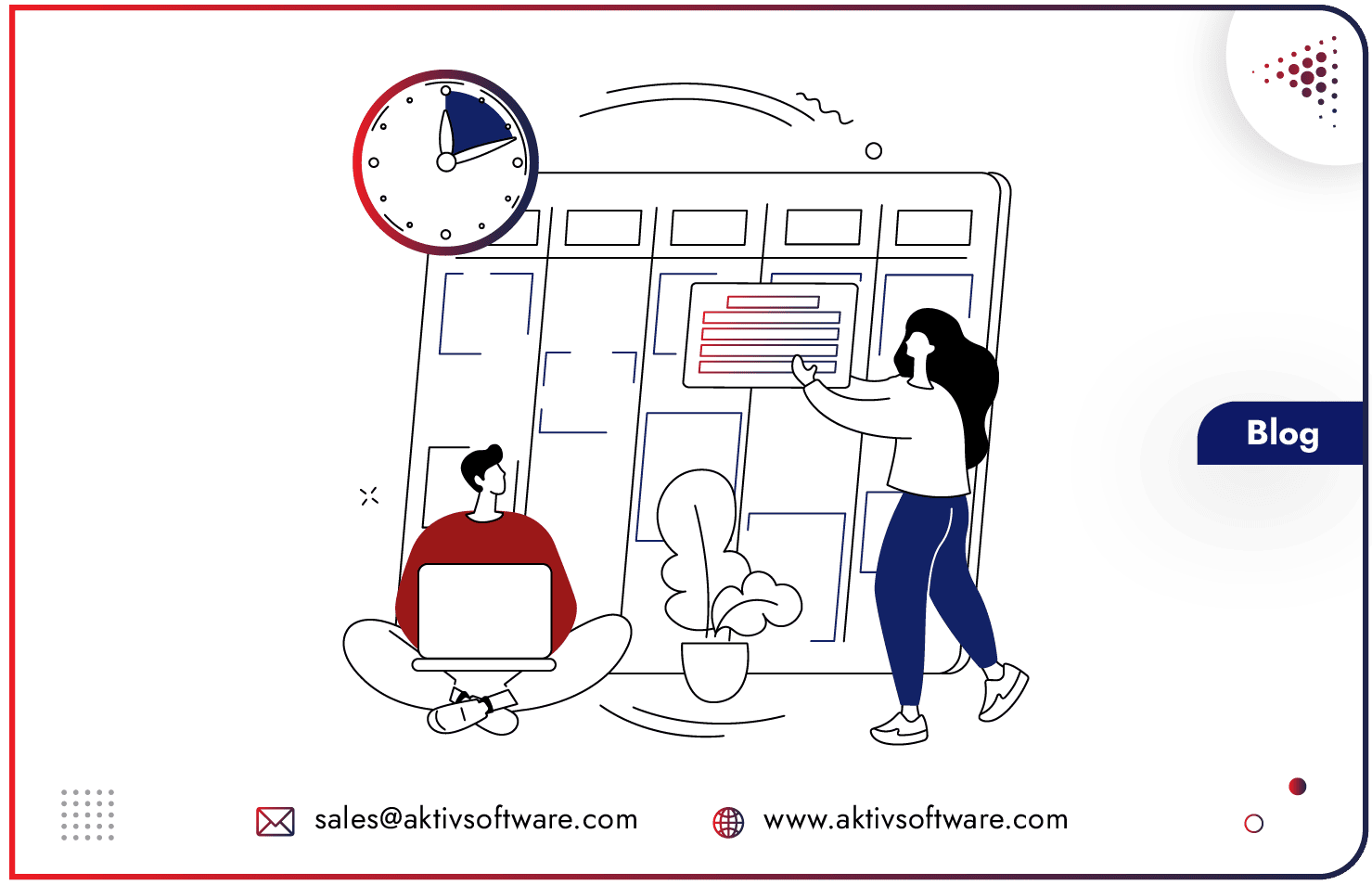Odoo is one of the most flexible and adaptable ERP systems available.
With its modular design and robust framework, Odoo allows businesses to tailor the platform to their unique requirements. However, the choice between using Odoo Studio or custom code often becomes critical when it comes to customization.
In this blog, we’ll explore the nuances of various ways of performing Customization in Odoo and guide you on when to choose each.
Why Thoughtful Customization in Odoo Matters?
The real crux is to customize just enough to solve your problems without overcomplicating the system.
Customization is a powerful way to align an ERP system like Odoo with your business processes, but it must be approached thoughtfully to avoid potential pitfalls. Poorly executed customizations can lead to several risks, such as:
Upgrade Challenges: Customizations that aren’t aligned with Odoo’s framework can break during version upgrades, leading to costly fixes and downtime. For example, custom modules developed without considering Odoo’s upgrade compatibility might require complete redevelopment.
Performance Issues: Over-customizing or implementing inefficient code can slow down your ERP system, particularly when dealing with large databases or high transaction volumes. Imagine a custom workflow that handles order processing but introduces latency due to poorly optimized queries.
Vendor Lock-In: Heavy reliance on custom code without proper documentation may tie your business to a specific developer or vendor, making future changes or enhancements difficult and expensive.
Scalability Constraints: Customizations that address only immediate needs without considering future growth can limit your ability to scale. For instance, a reporting module tailored for a small dataset may fail when applied to larger operations.
Studio Vs. Custom Code: The Odoo Customization Dilemma
Customization in Odoo means businesses often face the decision of using Odoo Studio or opting for custom code to tailor the ERP system to their specific needs. Here’s a clear comparison to help understand when and why each approach is ideal:
When to use Odoo Studio?
- For simple to medium-level customizations like creating new fields, views, or reports.
- To automate tasks such as email notifications triggered by specific conditions.
- When there’s a need for quick, no-code solutions without relying on developers.
- Suitable for prototyping or testing new ideas.
Example:
A small retail business wants to add a custom field to track the delivery date for orders. Using Odoo Studio, the user can easily drag and drop a new field into the Sales Order form and configure basic validation rules without any coding expertise.
Why Use Odoo Studio?
- Ease of Use: Drag-and-drop interface makes it accessible to anyone.
- Time-Efficient: Changes can be implemented and tested immediately.
- Cost-Effective: Reduces the dependency on developers for minor tweaks.
- Upgradable: Most customizations made via Studio are compatible with future Odoo upgrades.
When to prefer Custom Code?
- For complex business requirements that go beyond the capabilities of Odoo Studio.
- When advanced logic, integrations, or automation is required.
- For unique workflows, such as integrating Odoo with a proprietary third-party logistics system.
- To implement performance-optimized solutions for large-scale businesses.
Example:
A manufacturing company requires a custom workflow that calculates production lead times dynamically based on supplier availability and shipping constraints. This level of complexity in customization demands custom feature development to ensure accurate and efficient operations.
Why Use Custom Code?
- Unlimited Flexibility: Provides full control over module creation and modification.
- Scalable Solutions: Handles intricate business scenarios effectively.
- Tailored to Perfection: Ensures that every detail meets precise business needs.
- Enhanced Performance: Optimizes processes for better speed and efficiency.
Key Considerations: Odoo Customization using Odoo Studio Vs. Custom Code
- Complexity: Is your requirement straightforward or highly intricate?
- Resources: Do you have access to experienced developers?
- Timeframe: Is speed or precision your priority?
- Future Plans: How important is scalability and upgradeability for your solution?
Both approaches have their merits. Odoo Studio shines for controlled, iterative development and mid-level customizations. Meanwhile, custom code empowers businesses to craft tailored solutions for even the most complex challenges. The key is to strike the right balance based on your unique needs.
At Aktiv Software, we specialize in understanding your business and delivering the perfect mix of solutions—whether it’s leveraging Odoo Studio or creating custom code.







